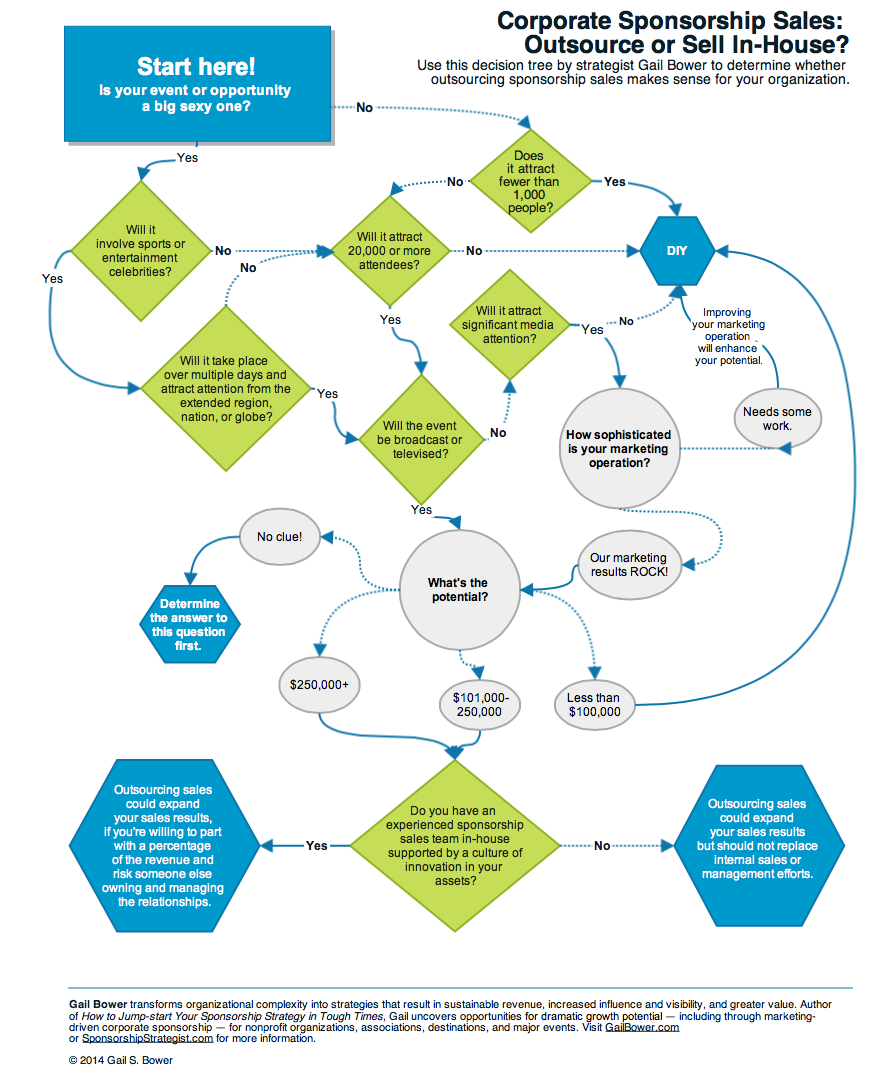We have choices to make
The next four years will be interesting times for organizations. One of the big trends I see is a forward and backward momentum. At the moment it feels like a schism. Two tectonic plates rubbing against each other. Explore what it means for your organization and the choices ahead.



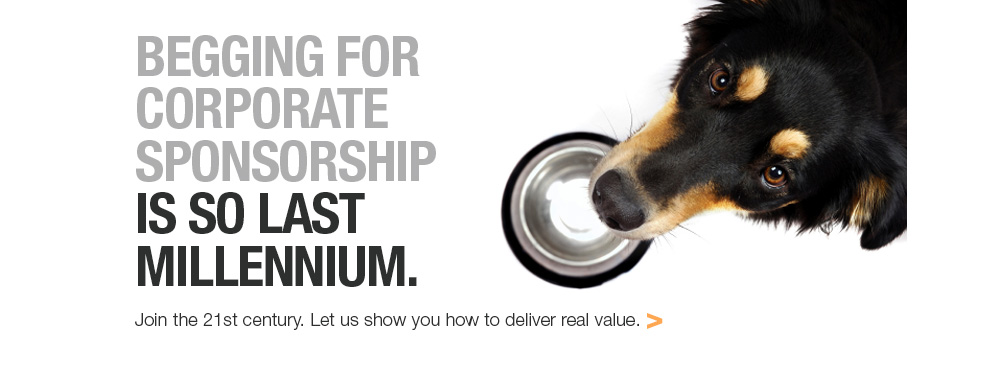
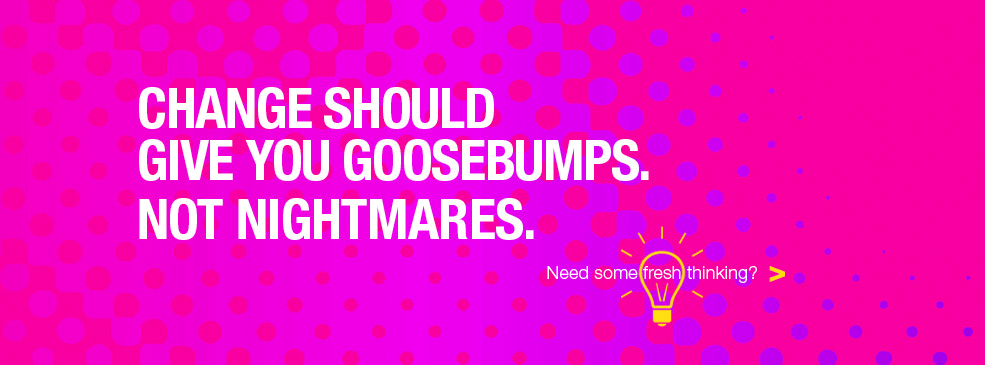
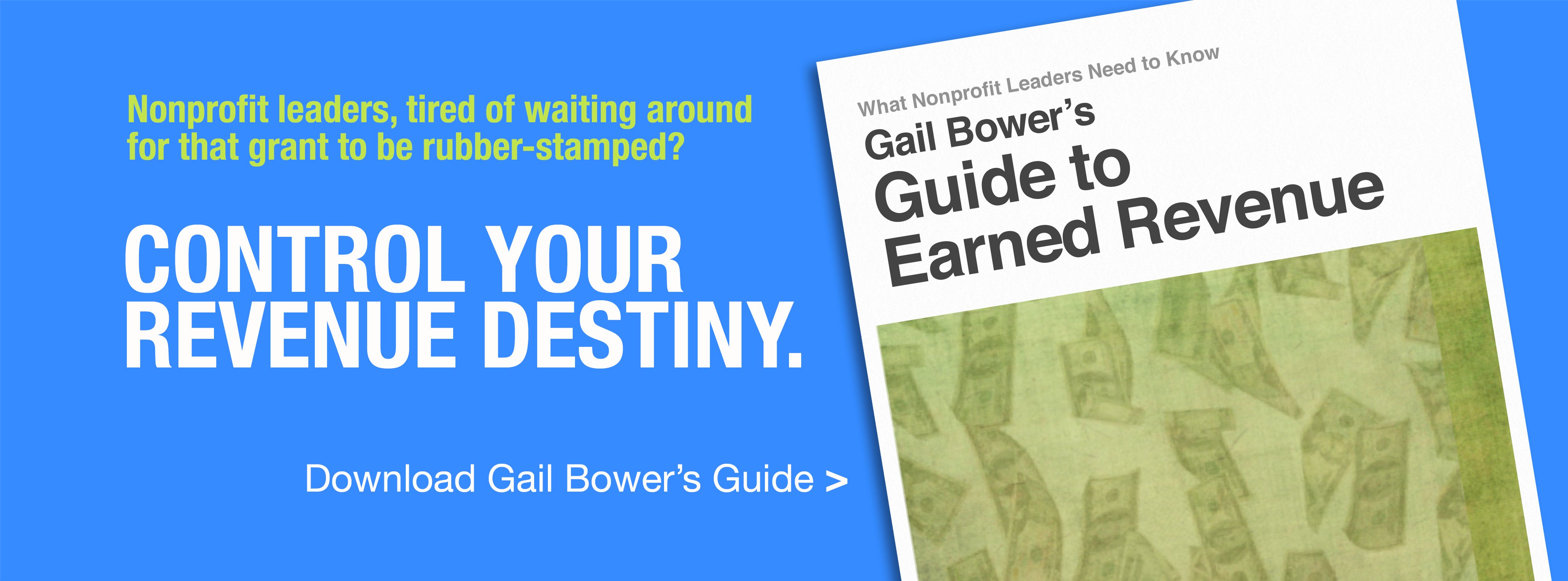
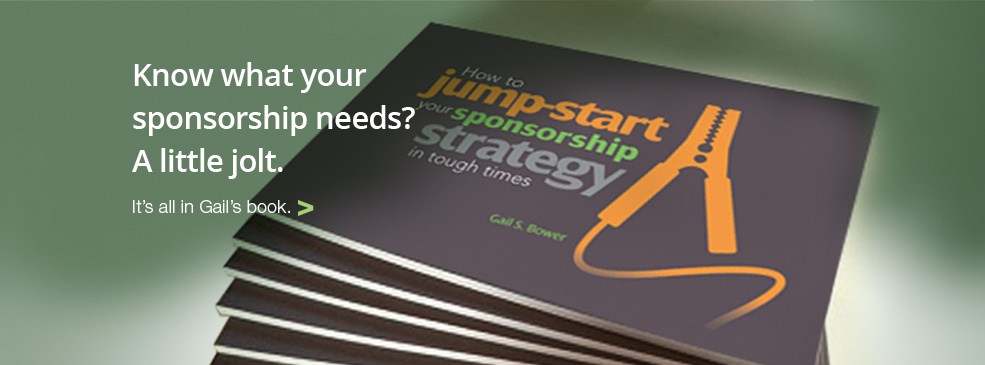
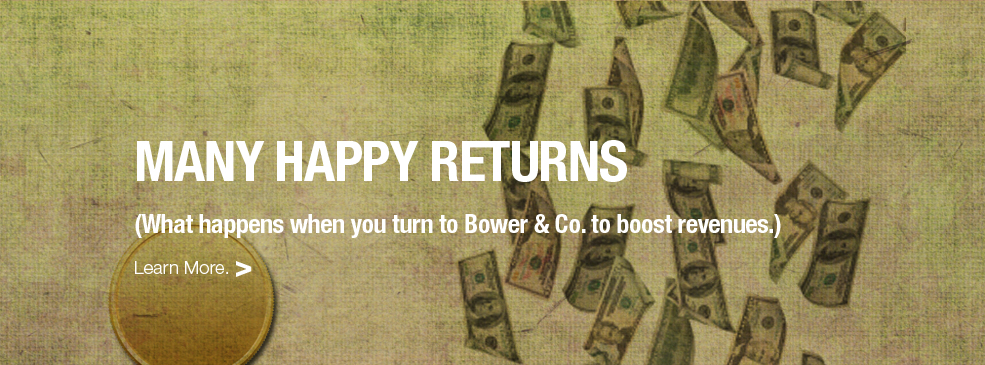

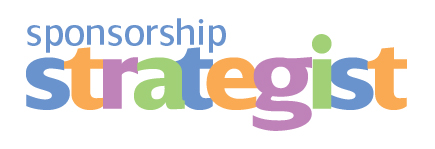
 January 25, 2017
January 25, 2017